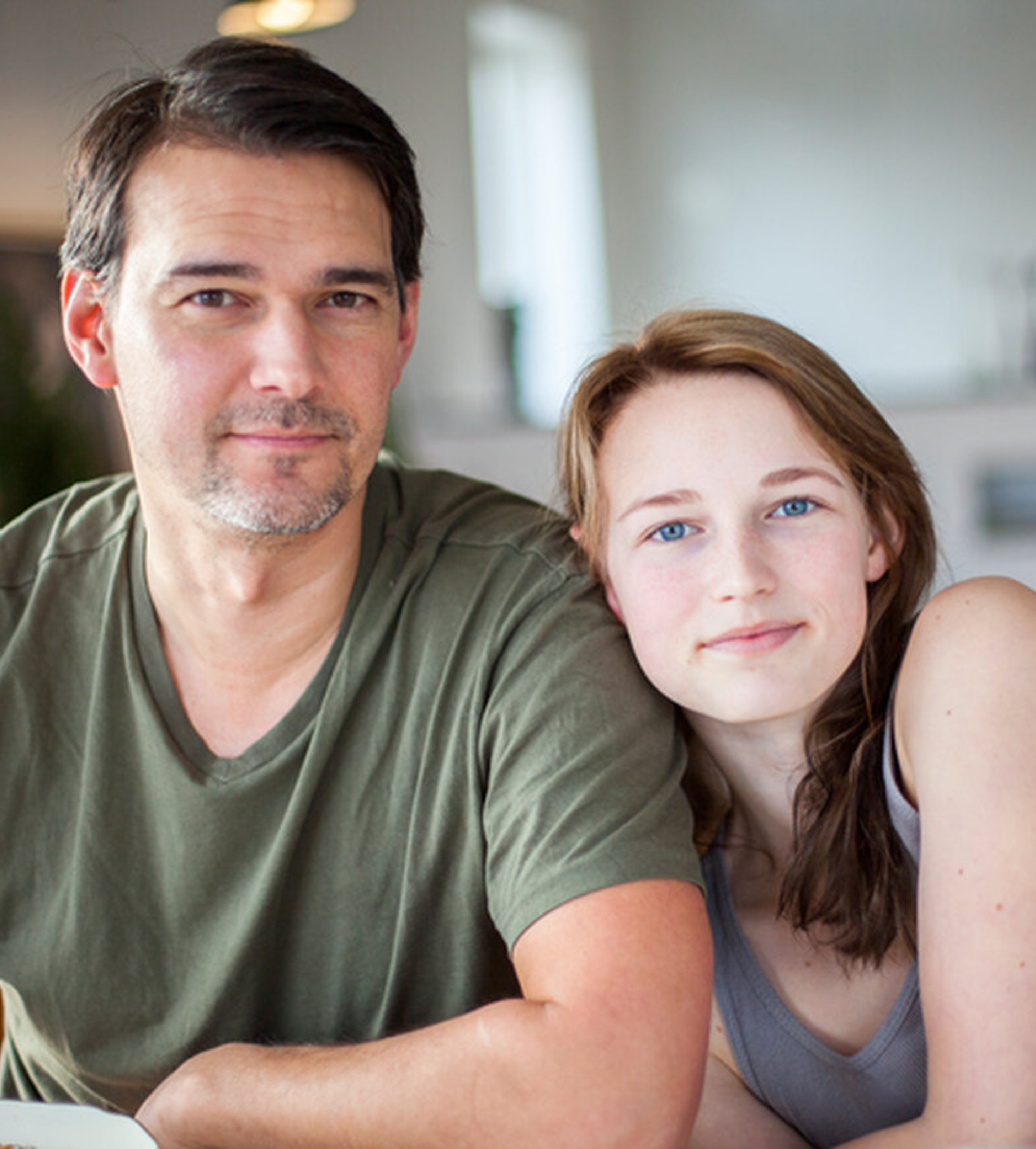#315 – 20385 64th Ave, Langley V2Y 1N5 604-533-9163
#315 – 20385 64th Ave, Langley V2Y 1N5 604-533-9163

Is your family struggling to get along? Does it feel like you’re walking on eggshells with each other? Has communication broken down and conflict gotten out of hand?
Maybe you’re having a tough time with a sibling who doesn’t see eye to eye with you. Perhaps you have parents who don’t seem to accept that you’re an adult with your own sense of independence. Or maybe you’re a parent who feels like your children never listen to you. No matter what your situation is, you might find yourself wondering how your family will ever get along.
The conflict in your family has probably caused a lot of stress, frustration, and anger. Resentment may have built up over time—especially if the family dynamics are longstanding. Eventually, you and your family members might find each other “scorekeeping” and constantly pointing fingers.
If you and your family want to feel heard, understood, and respected, we encourage you to pursue therapy with us. Here at Darcy Bailey & Associates Counselling, our goal is to help you and your loved ones communicate more effectively and contribute to a healthier, more wholesome family dynamic.
All families go through periods of conflict. The key is not to avoid conflict, but to have the skills to navigate it peacefully. After all, disagreement is inevitable—a group of people will never see eye-to-eye on every issue. There is wisdom in accepting this and committing to working through it so that you can have the connected family relationships you want.
Families struggle to get along for all kinds of reasons. Sometimes it comes down to parenting styles—one parent may be authoritative and the other permissive, creating confusion as to whose rules should be followed. Other times it’s the kids whose personalities clash the most, making it hard for the parents to know how to effectively apply discipline and consequences.
And when parents are divorced, things are even tougher. Maintaining rules and boundaries in one home is hard enough, but staying on the same page can feel impossible when a family is split between two homes.
Therapy is an opportunity to acknowledge differing perspectives, learn the art of compromise, gain new communication skills, and figure out how to stay amicable even when there’s disagreement.

Let’s be honest: you probably wish that certain people in your family would just change. For a family to improve relationships, however, all parties have to take responsibility and accountability. At Darcy Bailey & Associates Counselling, we want to help everyone do their part to make things better. The focus is on mending and healing individual relationships so that the whole family can move forward.
Our practice offers counselling for blended families, step parenting families, and other families with unique dynamics. If you and your spouse are divorced and co-parenting, you’re also welcome to pursue therapy with us.

Our sessions provide a safe, compassionate space for you and your family members to feel seen, heard, and appreciated. Although our approach is customizable depending on your family’s needs and the age of the kids, we’ll generally hold most sessions with all of you together. This way, there is equality for everyone involved and every perspective can be heard and respected. Additionally, the dynamics of the family tend to be activated in sessions, allowing the therapist to work through issues in real time.
We believe that it requires specialized knowledge, experience, and skills to address the complexity and diversity of each family. Culture is also deeply important to us—if you’re part of a multicultural family, therapy can explore how your differing backgrounds have led to disagreements over values and expectations. After all, it’s so easy to parent the way you were parented and try to solve conflict the way your family did growing up. Counselling can help you step back and think more deeply about how you think a family should function.
Our practice often takes a Family Systems approach to our work with families. The goal of this approach is to look at how each family member is part of a whole and figure out how to compromise for the sake of the whole family.
We also draw from Emotionally Focused Therapy, which can help you and your family communicate your emotions instead of blaming and scorekeeping, allowing you to move toward a more connected relationship. You’ll learn to use “I” statements like “When you don’t tell me that you love me, I feel unimportant” rather than just focusing on what the other person did wrong.
Families are complex—they’re constantly changing and it takes a lot of work to adapt to those changes and make sure there’s room for everyone’s growth. Therapy can help your family learn to navigate all the complexity while giving you all a space to feel heard, understood, and validated.

Obviously, whether or not the rest of your family goes to counselling is their choice. Working to change family dynamics requires willingness, commitment, and accountability—those things can’t be forced. If your family doesn’t want to come along, you can still do individual therapy to work on your part of the dynamic. By taking that first step, you’re showing the rest of your family that you care about making things better. You might even motivate them to try therapy themselves once they see how it’s helped you.
Our therapists are skilled at making sure family counselling sessions are safe, inclusive, and balanced. If someone is controlling or dominating, then we’ll address that in therapy. The goal is not to alienate that person or demand that they talk less, but to help them understand that therapy can only work if everyone is given an equal voice.
We are committed to offering a space of compassion, understanding, and non-judgment for everyone in the family. Your therapist is there to help you all work as a team, not take sides. There is no bias here. This doesn’t mean that we’ll never hold anyone accountable—it simply means that we’re not here to play the blame game or single anyone out.
If you and your family want to learn new conflict resolution skills and deepen your loving connection with each other, we encourage you to connect with us. To get started, you can use the contact form or call 604-533-9163.
Providing virtual therapy across British Columbia and in-person therapy in Langley BC, serving Langley, Surrey, Cloverdale, South Surrey, Aldergrove, Abbotsford,Vancouver and Lower Mainland.
Respectfully acknowledging that we live, work and play on the traditional and territories of Coast Salish,Semiahmoo sq̓əc̓iy̓aɁɬ təməxʷ (Katzie), S’ólh Téméxw (Stó:lō), Á,LEṈENEȻ ȽTE (W̱SÁNEĆ), Kwantlen Stz’uminus, Nuxwsa’7aq (Nooksack) and Hul’qumi’num Treaty Group.
We invite you here to become familiar with the indigenous presence and the territories we occupy.